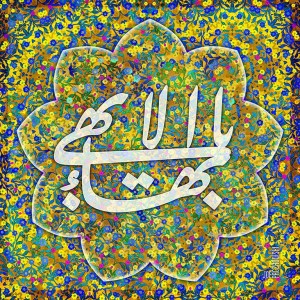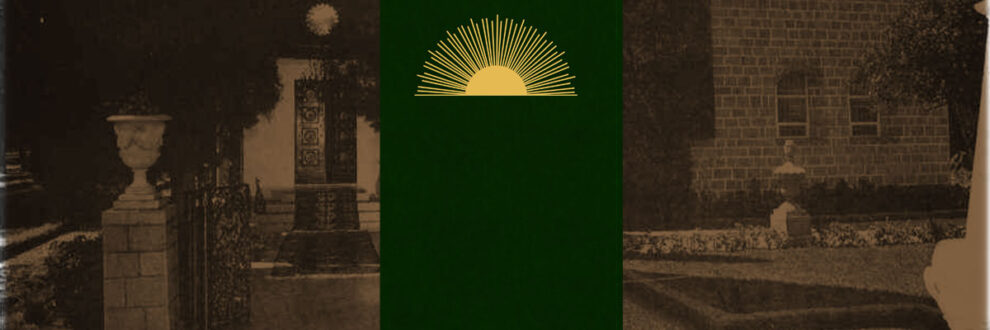 Haji Mulla Isma’il-i-Qumi, the third of the Seven Martyrs
Haji Mulla Isma’il-i-Qumi, the third of the Seven Martyrs
Born: Unknown
Death: February 1850
Location of Birth: Farahan, Iran
Location of Death: Tehran, Iran
Burial Location: No cemetery details
Haji Mulla Isma’il-i-Qumi, who was a native of Farahan. In his early youth, he departed for Karbila in quest of the Truth which he was diligently striving to discover. He had associated with all the leading ‘ulamas of Najaf and Karbila, had sat at the feet of Siyyid and had acquired from him the knowledge and understanding which enabled him, a few years later when in Shiraz, to acknowledge the Revelation of the Bab. He distinguished himself by the tenacity of his faith and the fervour of his devotion. As soon as the injunction of the Bab, bidding His followers hasten to Khurasan, reached him, he enthusiastically responded, joined the companions who were proceeding to Badasht, and there received the appellation of Sirru’l-Vujud. Whilst in their company, his understanding of the Cause grew deeper and his zeal for its promotion correspondingly increased.
He grew to be the very embodiment of detachment, and felt more and more impatient to demonstrate in a befitting manner the spirit with which his Faith had inspired him. In the exposition of the meaning of the verses of the Qur’an and the traditions of Islam, he displayed an insight which few could rival, and the eloquence with which he set forth those truths won him the admiration of his fellow disciples. In the days when the fort of Tabarsi had become the rallying centre for the disciples of the Bab, he languished disconsolate upon a sick-bed, unable to lend his assistance and play his part for its defence. No sooner had he recovered than, finding that that memorable siege had ended with the massacre of his fellow-disciples, he arose, with added determination, to make up by his self-sacrificing labours for the loss which the Cause had sustained. That determination carried him eventually to the field of martyrdom and won him its crown.
Conducted to the block and waiting for the moment of his execution, he turned his gaze towards those twin martyrs who had preceded him and who still lay entwined in each other’s embrace. “Well done, beloved companions!” he cried, as he fixed his gaze upon their gory heads. “You have turned Tihran into a paradise! Would that I had preceded you!” Drawing from his pocket a coin, which he handed to his executioner, he begged him to purchase for him something with which he could sweeten his mouth. He took some of it and gave the rest to him, saying: “I have forgiven you your act; approach and deal your blow. For thirty years I have yearned to witness this blessed day, and was fearful lest I should carry this wish with me unfulfilled to the grave.” “Accept me, 0 my God,” he cried, as he turned his eyes to heaven, “unworthy though I be, and deign to inscribe my name upon the scroll of those immortals who have laid down their lives on the altar of sacrifice.” He was still offering his devotions when the executioner, at his request, suddenly cut short his prayer.
Source:
Nabil. The Dawn Breakers. Wilmette, Illinois: Bahá’í Publishing Trust. pp. 453-455
Image:
Art Design by Joe Paczkowski



